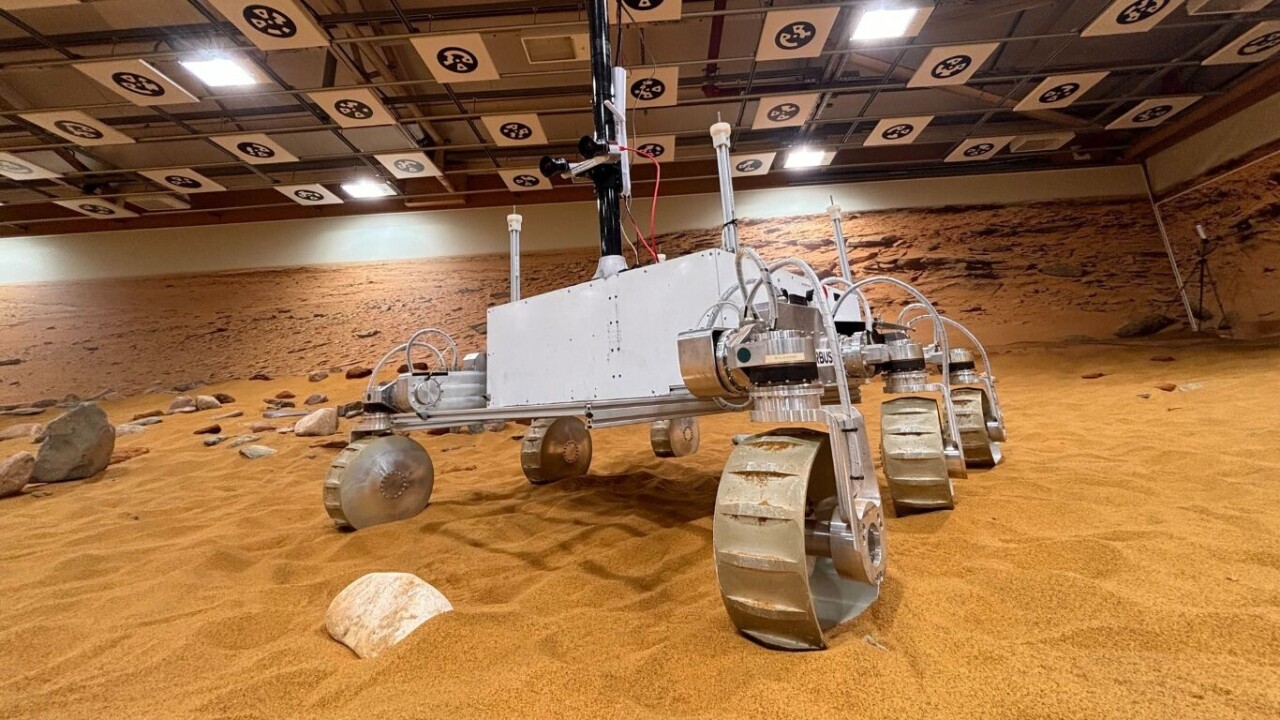
In a simulation of Mars, a space rover is testing a control system with an unusual inspiration: insect brains.
The software was created by Opteran, a startup based in the UK. But the idea originated from research on bugs.
Scientists at the University of Sheffield had been studying the brains of insects. They discovered remarkable neurological efficiency.
A honeybee’s brain, for instance, only contains about 1 million neurons. A human brain, by contrast, has around 86 billion. But the bee mind’s tiny size belies its impressive power.
It’s capable of complex navigation, obstacle avoidance, and communication. It also functions with formidable energy efficiency.
The researchers believed robots could also benefit from these qualities. They decided to reverse-engineer the brain algorithms into software for autonomous machines. They call the concept “Natural Intelligence.”
In 2019, they founded Opteran to commercialise the research. The startup soon identified space as an ideal environment for the tech.

Natural intelligence in space
Today’s space rovers are often ponderous machines. It can take them minutes to map their surroundings from multiple cameras before each movement.
Opteran’s system promises to cut this down to milliseconds. “It is uniquely able to operate with the lowest size, weight, and at ultra-low power,” David Rajan, the startup’s CEO and co-founder, told TNW.
Named Opteran Mind, the software offers zero-latency visual depth perception. After installation, vehicles can continuously navigate without the need for extensive data or training.
The tech also minimises power consumption and eliminates heavy tools, such as gimbal-based pan-tilt cameras. As a result, rovers could drive further and at higher speeds without human intervention.
These capabilities caught the eye of Airbus Defence and Space. The company is now testing the software in rovers at the Airbus Mars Yard, a simulated Martian environment.
The European Space Agency (ESA) and the UK Space Agency are supporting the project. After the initial tests, their focus will shift to deployment and commercialisation.
For Opteran, however, space is just one frontier on the roadmap.
“We aim to integrate an Opteran Mind into every machine, underground in mines, on the ground, in the air, and off-world,” Rajan said, “allowing them to operate as efficiently and as freely as natural creatures.”
Get the TNW newsletter
Get the most important tech news in your inbox each week.




